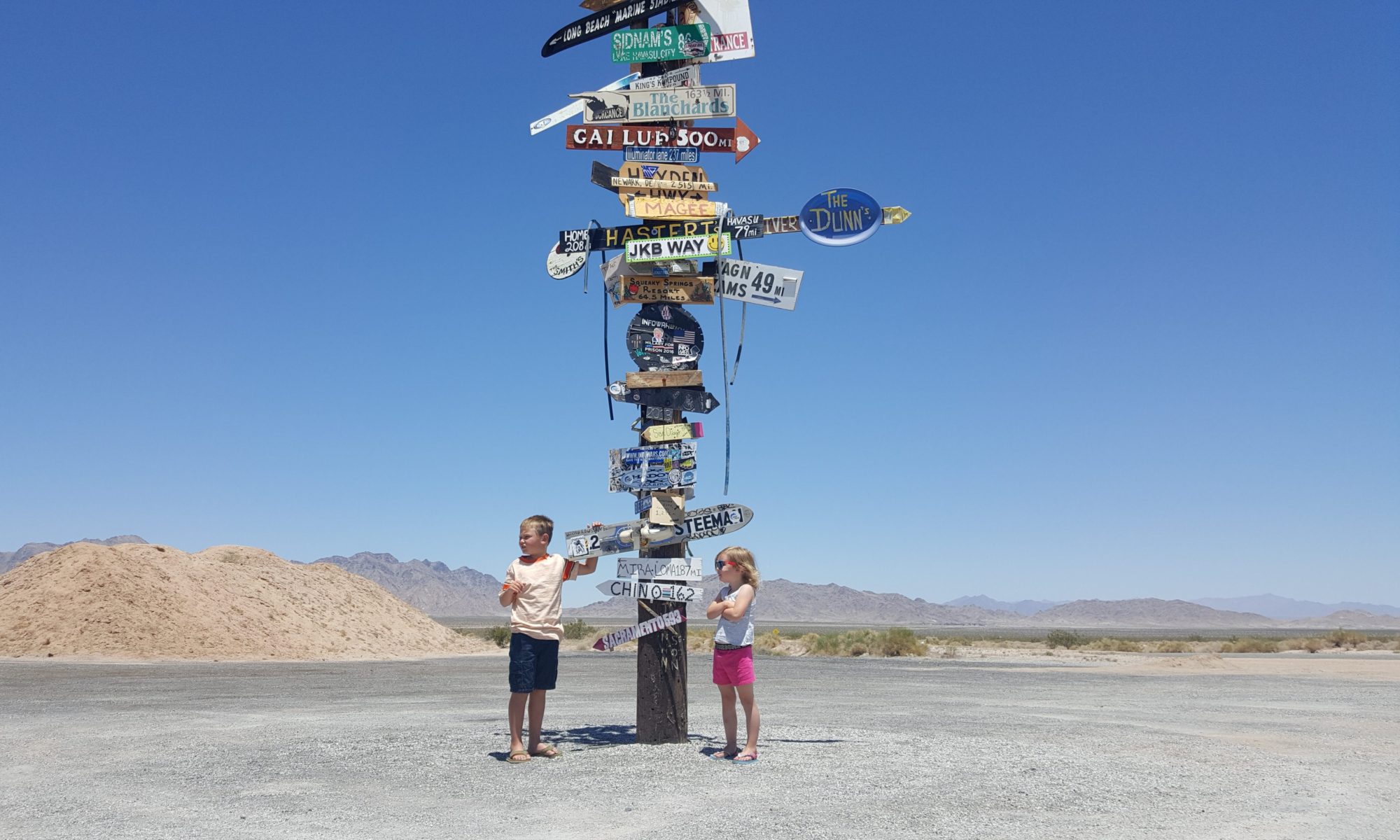This is an interesting psalm for David to write. It shows the significant differences between the Old and New Testaments, between the Covenant of Grace before and after Christ’s resurrection. “Who may worship in your sanctuary, Lord? Who may enter your presence on your Holy Hill?” Verse 1 (NLT). Then he lists some items that prevented people from entering to worship. In Leviticus and Deuteronomy, there are many items listed that prevented people from entering the presence of God; these things made people unclean by the religious law. These were given to remind the people they were sinners even though many items were not sins in themselves. It was probably also to remind people of God’s holiness.
The Apostle John dealt with this issue for the believers. “If we claim we have no sin, we are only fooling ourselves and not living in the truth. But if we confess our sins to Him, He is faithful and just to forgive us our sins and to cleanse us from all wickedness. My dear children, I am writing this to you that you will not sin. But if anyone does sin, we have an advocate who pleads our case before the Father. He is Jesus Christ, the one who is truly righteous. He Himself is the sacrifice that atones for our sins – and not only our sins but the sins of all the world.” 1 John 1:8-9 & 2:1-2 (NLT).
In Hebrews 9:11-12 (NLT), we read: “So Christ has now become the High Priest over all the good things that have come. He has entered the greater, more perfect Tabernacle in heaven, which was not made by human hands and is not part of this created world. With His own blood. . .He entered the Most Holy Place once for all time and secured our redemption forever.” And in Hebrews 4:16 (NLT) we read: “So let us come boldly to the throne of our gracious God. There we will receive His mercy, and we will find grace to help us when we need it most.”
